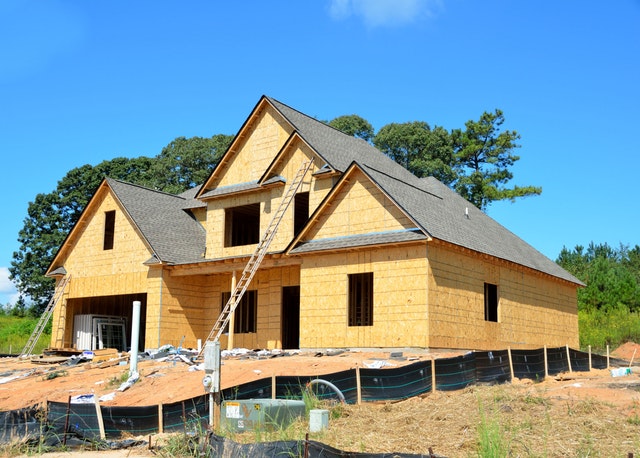 Looking for your new home can feel like a daunting task, especially if it’s your first time going through the home buying process. Sometimes, all of the choices may feel overwhelming. You want to make the best decision for yourself and your family.
Looking for your new home can feel like a daunting task, especially if it’s your first time going through the home buying process. Sometimes, all of the choices may feel overwhelming. You want to make the best decision for yourself and your family.
Here’s a quick list of three common pitfalls that some home buyers experience:
Choosing to Skip the Inspection
A home inspection is a necessity. This is your opportunity for a professional to uncover any potential problems in a property that you cannot see. Or even something that you might not have known to check. Your new home is likely the largest financial investment in your life, so think about your home inspection as a type of safety net to prevent you from getting repair surprises right after you move into your dream home.
Not Planning Ahead For Life Changes
Life happens in ways that cannot always be planned ahead. Sometimes home buyers get excited about looking for a perfect home that will fit their immediate needs. Alternatively, if you take the approach of looking ahead and seeing how your new home might also meet future potential changes, you can save the time, trouble and expense of moving again.
For instance, if you are a young couple buying your first home, you might not think you want more space than you can use right away. In the event that you are thinking about starting a family in the next few years, it can be a cost effective decision to purchase a home with extra space to accomodate your future growing family now.
Trying To Avoid Using A Real Estate Professional
A common misconception among home buyers is the idea that they can save money on the purchase of a home if they can skip utilizing a buyer’s agent in the purchase of their property. While that may seem like it makes sense, the reality is that the buyer’s representative in a real estate transaction is paid by the person selling the home.
Not only that, but if you were trying to negotiate a transaction directly with a seller, you might overlook very important opportunities to create a stronger offer. Your seasoned real estate agent can point that out and help you maximize your purchase power.
A buyer’s agent also has access to real-time market information through their local Multiple Listing Service (MLS) which can uncover homes that may fit your needs better than anything you can find on your own. Even with all of the property search services that have been developed over the last few years, the active, professional real estate agent still has their thumb on the pulse of your local market.
Buying a home is a big decision and finding your dream home might take some time. If you avoid these common pitfalls and utilize a trusted real estate professional to help you find the perfect property, moving into your dream home could happen sooner – and easier – than you think!
 Last week’s economic releases included readings on inflation, construction spending and private and public- sector payrolls. Weekly readings on mortgage rates and first-time jobless claims were also posted.
Last week’s economic releases included readings on inflation, construction spending and private and public- sector payrolls. Weekly readings on mortgage rates and first-time jobless claims were also posted. The closing process for a home purchase is an exciting time. The home is finished, the purchase is ready to be finalized and it’s almost time to move in. The final steps of the closing process ensures both parties are able to meet their requirements and all the paperwork is in place and verified.
The closing process for a home purchase is an exciting time. The home is finished, the purchase is ready to be finalized and it’s almost time to move in. The final steps of the closing process ensures both parties are able to meet their requirements and all the paperwork is in place and verified. Buying a new home is exciting. Buying a brand new home can be even more so with the realization of being the first owner and possibly being able to choose your own layout and finishes. The prospect of owning new construction is definitely exciting, but it doesn’t come without its own set of questions.
Buying a new home is exciting. Buying a brand new home can be even more so with the realization of being the first owner and possibly being able to choose your own layout and finishes. The prospect of owning new construction is definitely exciting, but it doesn’t come without its own set of questions. For many Americans, retirement age is fast approaching or already here: Baby Boomers account for nearly 75 million individuals in the United States.
For many Americans, retirement age is fast approaching or already here: Baby Boomers account for nearly 75 million individuals in the United States. Reality TV shows have inspired people to flip houses for profit. They make it look fun, easy and the type of business anyone with some capital can get into.
Reality TV shows have inspired people to flip houses for profit. They make it look fun, easy and the type of business anyone with some capital can get into.